Coming Out as a Heathen
When I’m talking about “coming out,” I’m using the term as it relates to letting loved ones know that you’re a Heathen. I can’t speak in terms of homosexuality because I am very heterosexual, but telling a loved one that I’m a Heathen was harder than you can ever imagine. If you’re a closet heathen as I was, perhaps you will glean something useful about announcing to your family you are pagan.
 |
| Source: Magickal Graphics |
A Little Background
Those who have read my posts know I was raised Roman Catholic. In retrospect, I recognize that Roman Catholicism is closer to paganism than a lot of Christianity, but it isn’t heathenism by a long stretch. I even went to parochial school for a while, which in the long run made me less Christian as I started going beyond the fear of hell and damnation. Religion, in one form or another, is a method of control, in my not so humble opinion. While I am far from communist, I do think that Marx did hit it on the head that religion is an opiate of the masses.
So. with these beliefs, how could I possibly be a theist, let alone a heathen? As they say on the Facebook relationship status, “It’s complicated.” Tyr and Thor pretty much drove me back to the theist realm, even if at times I appear agnostic.
 |
| Source: Magickal Graphics |
Announcing my Heathenism
It took years for me to tell my husband I was a heathen. It was hard. Very hard. Even though he wasn’t surprised, he was puzzled why I didn’t tell him before. It’s hard to express the feelings: worry that he’ll think I’m crazy, worried that he’ll find my beliefs too weird, and a concern about what happens next. I should have spoken sooner, but I didn’t. I told him the story and I couldn’t tell what he was thinking. I supplied my own condemnation.
In the end, his response was more wait and see. Basically, he had no way to judge heathenism except through my behavior. So, I relaxed a bit and decided I was far too anxious about it. I realized that being heathen hadn’t changed who I was. I am who I am. I still celebrate the secular version of holidays like Christmas and Thanksgiving, but I can now add Yule and other holidays to the mix. I’m pretty toned down when it comes to religion, so that aspect is private. (Yeah, me. Go figure.)
 |
| My response to those who say I’m going to be burning in their hell. |
Some Practical Advice
If you’re a heathen who hasn’t told your family about your change, take a deep breath and think about it. Not everyone is going to have a open mind like my husband. If, for example, you come from a Bible-belt family who is staunchly Christian, you’re probably not going to get much support from them by announcing you’re heathen. Only you can decide if it is the right thing to do, or whether they’ll ostracize you. I’d like to say it doesn’t happen, but obviously, it does. If you’re going to make the announcement, find someone in your family whom you can trust, who can also be sympathetic and helpful. If they have advice, listen. Maybe your older sister is good with you being pagan, but she knows darn well that your parents couldn’t deal with it. Maybe it’s not that important to tell them and estrange your family members.
If you don’t have a person in your family who wouldn’t be shocked by your change in religion and who can’t help you and give you good advice, ask yourself honestly what you hope to gain by letting your family know of your heathenism. It sounds harsh, but you have to understand what you hope to gain by it. Put aside the feelings of guilt that you inherited from Christianity and look logically at the best (and worst) outcomes. Will your family tell you that you are going to burn in hell for eternity and make your life hell on earth? Or are they more relaxed and open-minded? Knowing where your loved ones stand is important when it comes to whether to tell them or not.
Be Yourself
 |
| Source: Magickal Graphics |
If your family does accept your newfound faith, don’t weird them out. Instead, be yourself as you have in the past. Maybe they’re curious as to what holidays you celebrate. Don’t put their religion down when you talk to them; instead, consider drawing the parallels between the two religions. One easy time to deal with is Yule. You can point out all the similarities of Yule and Christmas and your family will enjoy learning about Yule. You can incorporate whatever you and your family have celebrated in the past while still adding pagan twists. This isn’t a particularly dogmatic religion here. Heathens have and do incorporate other traditions in our religion.
For example, I love Christmas carols. There’s no good reason for me to give them up. My husband loves medieval music, so it’s no big deal for us to incorporate seasonal music with Christmas carols. Yule and Christmas just means we have more feasts and more celebrations. I know of at least one heathen who celebrates Mother’s Night and secular Christmas. All good, in my opinion.
Being a Solitary Heathen
Telling or not telling may put you in the role of a solitary heathen. It can be lonely choosing that, but since you may be the only one in your family, whether you announce your heathenism or not, it’s pretty much the road you’re traveling. I would recommend seeking out other heathens in your community or online in order to have someone to talk to about it. There are plenty of heathens willing to talk to you and give advice. Want face-to-face time? I run into heathens all the time at science fiction conventions. Yes, you will find heathens there as well as the various gatherings for pagans.
The main thing is to keep your perspective on things. I believe strongly that your beliefs are your own, and it is yours to share or keep as you see fit. With the Internet comes groups of heathens who are willing to reach out to you as surely as the gods reached out to you. It’s your choice to decide whether to tell or not tell your family and friends. Just choose wisely.





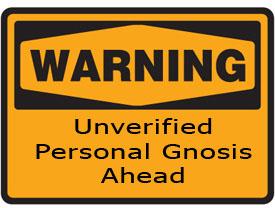




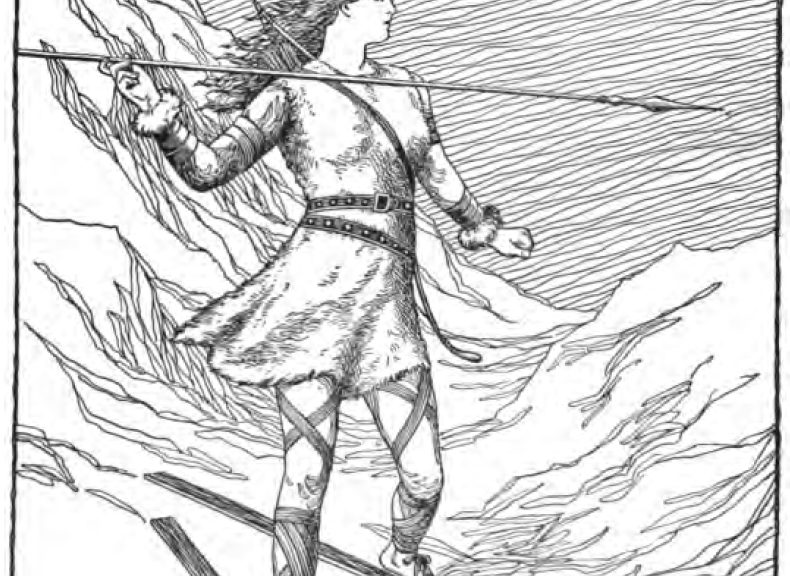


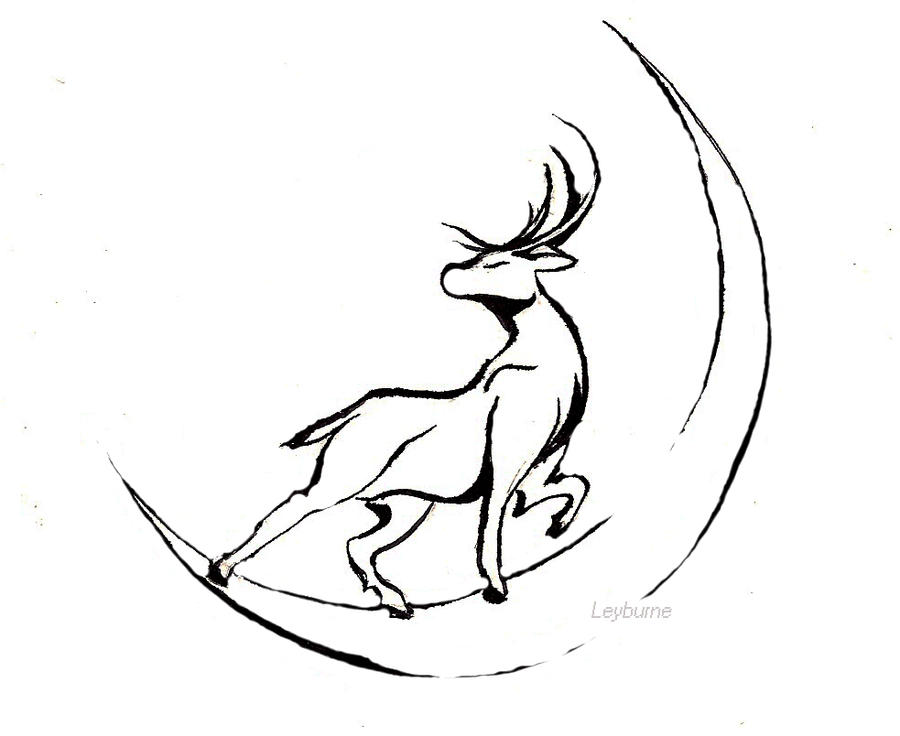
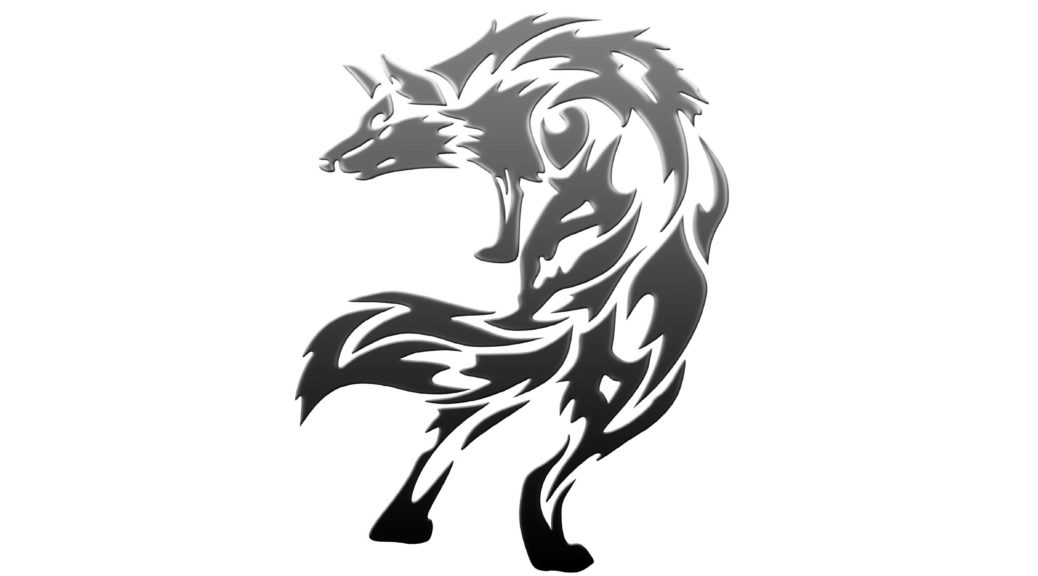













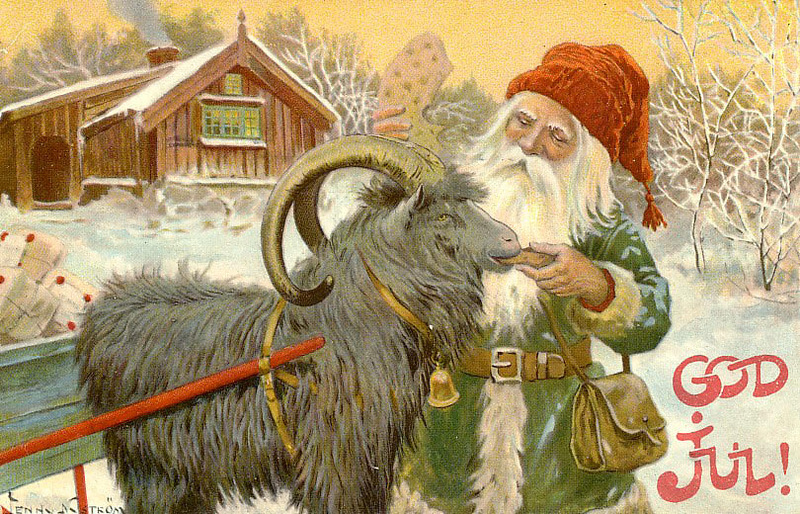




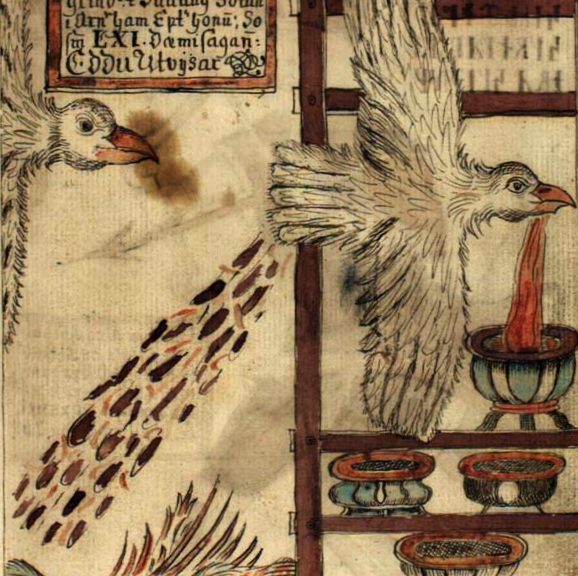

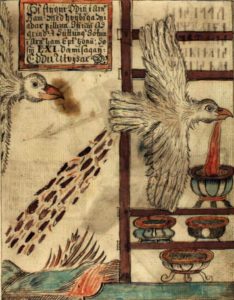 goes around the world imparting his wisdom to those who would learn it. Somehow Kvasir didn’t get the memo that two dwarves named Fjalar and Galar were up to no good and killed him. They crafted the mead of poetry from his blood (another ewww), and anyone who drank from it was given great wisdom and poetry. To make a long story short, a Jotun eventually kills the dwarves and secrets the mead in a mountain with his daughter. Odin gets wind of this, goes undercover, seduces the daughter, steals the mead in his beak, and flees in the form of an eagle back to Asgard with the Jotun on his heels, errr… tail feathers? So close, he poops out some of the mead, which was not saved. (And anyone can partake of the bird droppings with predictable results.) The rest Odin give to the Aesir and doles out sparingly to those people gifted with poetry.
goes around the world imparting his wisdom to those who would learn it. Somehow Kvasir didn’t get the memo that two dwarves named Fjalar and Galar were up to no good and killed him. They crafted the mead of poetry from his blood (another ewww), and anyone who drank from it was given great wisdom and poetry. To make a long story short, a Jotun eventually kills the dwarves and secrets the mead in a mountain with his daughter. Odin gets wind of this, goes undercover, seduces the daughter, steals the mead in his beak, and flees in the form of an eagle back to Asgard with the Jotun on his heels, errr… tail feathers? So close, he poops out some of the mead, which was not saved. (And anyone can partake of the bird droppings with predictable results.) The rest Odin give to the Aesir and doles out sparingly to those people gifted with poetry.
